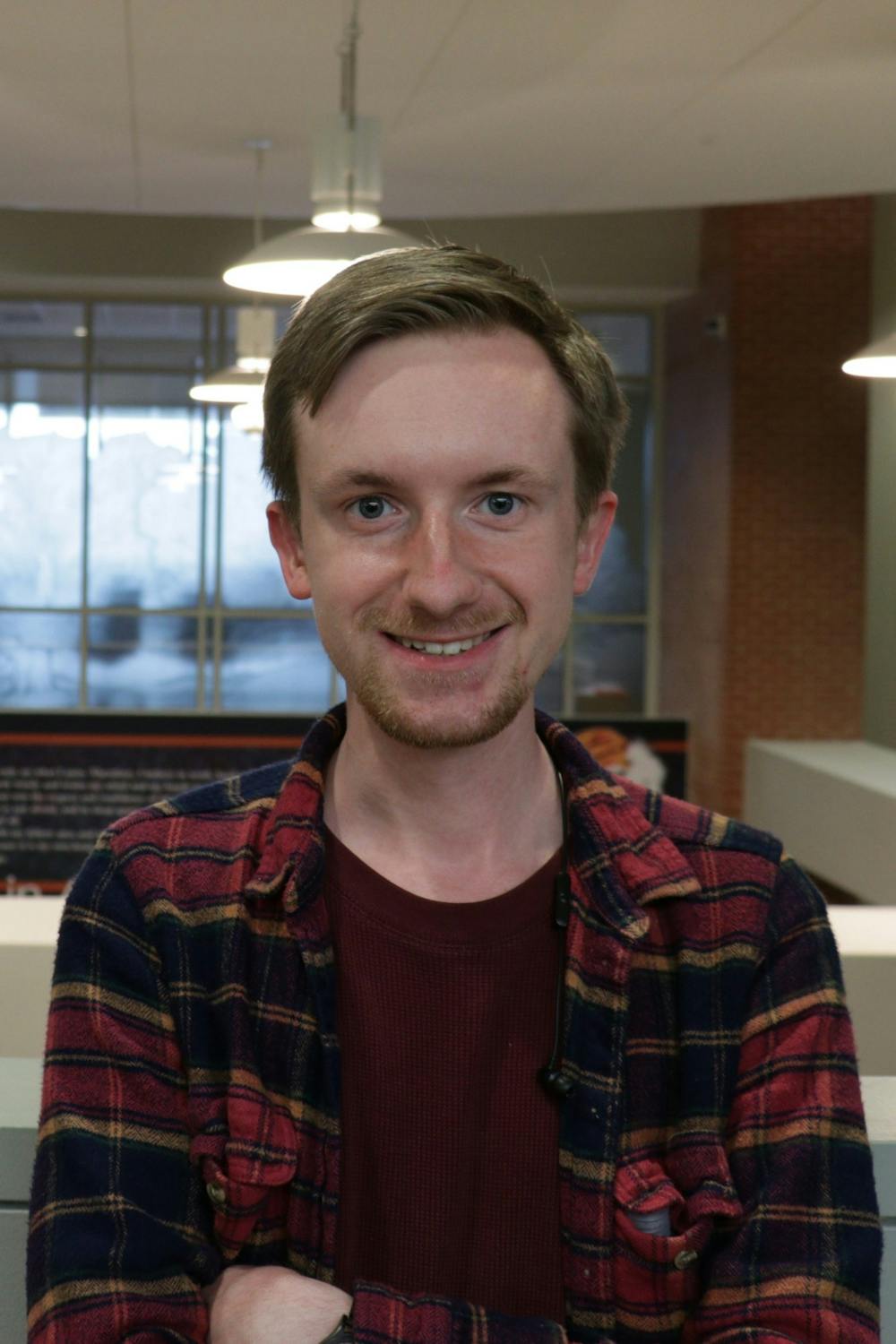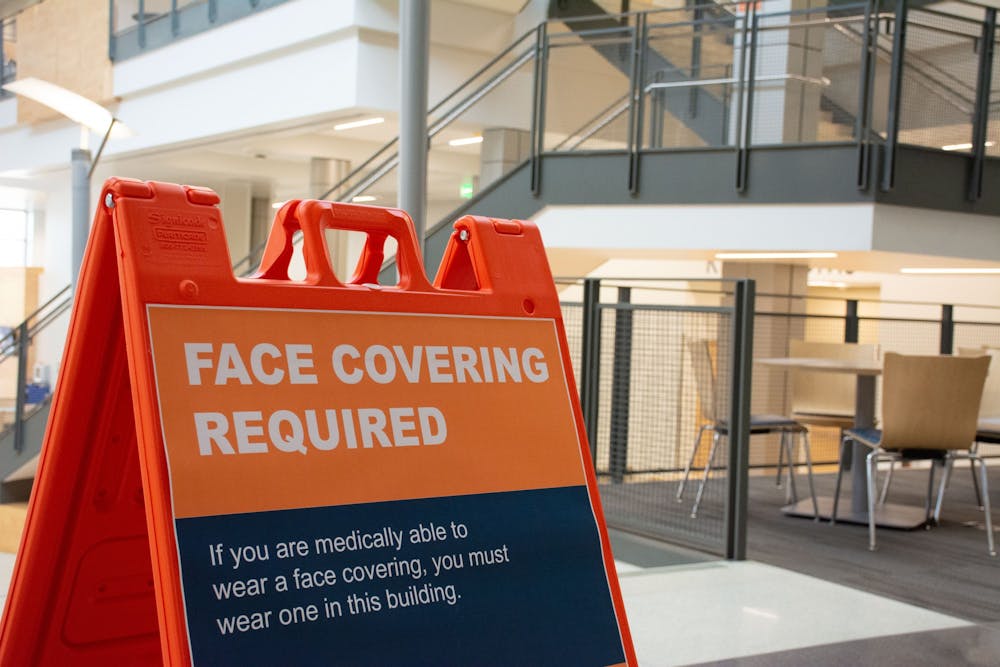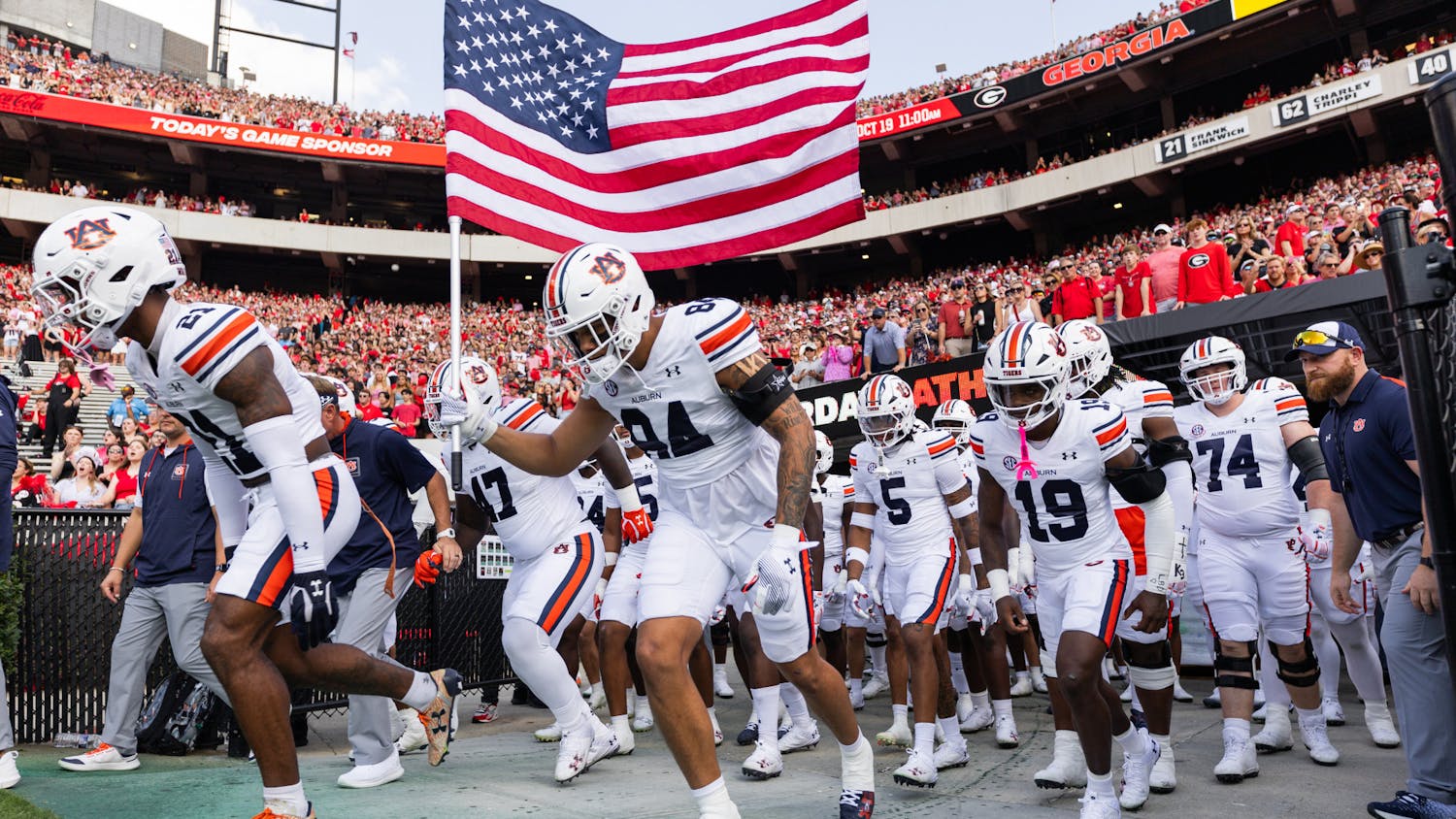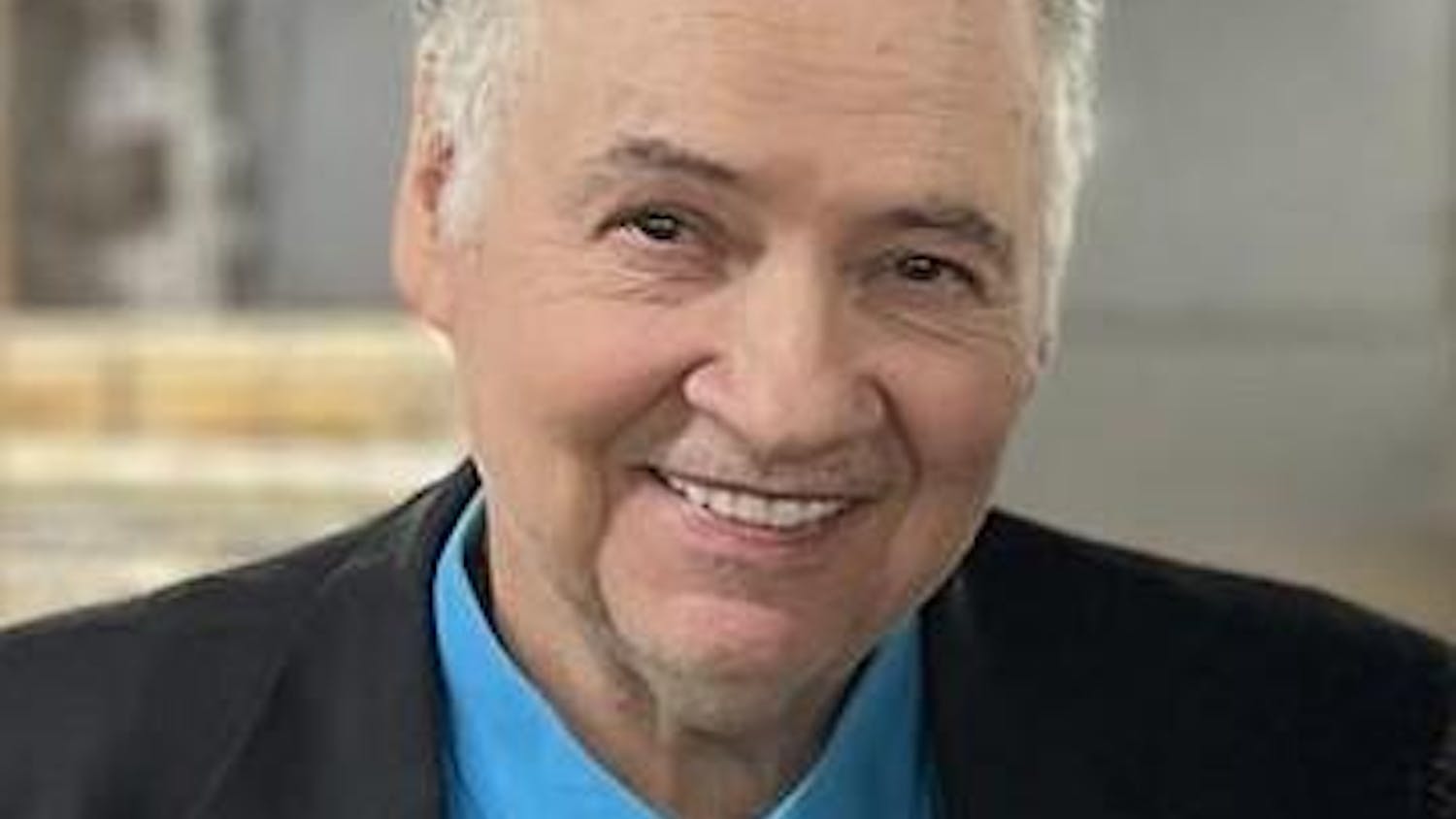Provost Bill Hardgrave met with faculty for a virtual town hall on Thursday via Zoom ahead of a spring semester professors feel will be challenging because of increased face-to-face classes.
Hardgrave proposed enlisting student workers and faculty to supervise campus to remind people to adhere to Auburn's COVID-19 guidelines, which he termed "hall monitors." Hardgrave said he and members of the University's Faculty Senate Executive Committee came up with the idea after listening to concerns about the spring semester.
"We will put people in the buildings if that's what it takes," Hardgrave said. "If we need be, [we'd] have people in there for the entire semester ... to keep the traffic flowing, keep people wearing their masks, keep them spaced out and going in and out the right doors."
Hardgrave intends to walk by every classroom in every academic building on campus for at least the first week of instruction in January to check that classes are running smoothly.
"We will take corrective action immediately during that first few weeks, and we'll continue that throughout the semester," he said.
Faculty had many questions about the proposal and student and faculty safety. Vanessa Falcao, chemistry and biochemistry lecturer, expressed concern about how about 200 students will transition in and out of her classes in close quarters with one another.
"[Students] have only 10 minutes to exchange between classes," Falcao said. "Is there any [thought] being put into extending the 10 minutes or how to organize to make the exchange of students safe with social distancing and lines?"
Hardgrave said the University considered extending the time between classes but felt the decision was "unwieldy." This is where hallway supervision might come into play, he said.
"These are the type of areas that we want to make sure we have these hall monitors ... who are going to make sure that people are coming in and out of the right doors, that they're coming in and out in an orderly fashion [and] that people aren't sitting along the walls congregated waiting to come in," Hardgrave said.
The provost said instructors might still need to be flexible in where they begin and end face-to-face classes to ensure students can safely enter rooms in time.
Some faculty questioned the ethics of having "hall monitors" in campus buildings.
"I do not think that people who are not trained health experts should be evaluating the green screens of the GuideSafe program or checking symptoms, and I worry about the unevenness of enforcing masks," said Sam Sommers, lecturer in the department of English. "How will they be trained? How will they be compensated for their labor? What is the plan?"
Hardgrave responded by saying that hall monitors would only be serving to encourage people to follow guidelines, and they would not ask about symptoms. Checking GuideSafe Healthcheck screener results, he said, is not something that requires medical training, and hall monitors would be tasked with directing people flagged as potentially exposed elsewhere.
"We have not worked out all the details, but we will have people in those classroom buildings," Hardgrave said. "We will hire people. It could be ... student workers [or] it could be that we ask for volunteers from our staff and our faculty to serve at certain hours of the day."
Hardgrave said faculty should control mask use in classrooms in their classes, as this doesn't fall under the provost's jurisdiction.
"I would treat wearing a mask the same as if they were talking on the phone while they were in the class," Hardgrave said to faculty in the meeting. "They are, by not wearing a mask, disrupting the class, and you need to treat it accordingly."
Hardgrave said Bobby Woodard, senior vice president of Student Affairs, told him that there haven't been any student conduct issues of students not wearing masks in classrooms.
There were situations, the provost said, where instructors felt uneasy directing students to put on a face mask. Hardgrave said that next semester, faculty should ask students to wear masks even if it means interrupting class. If students refuse, he said they should be asked to leave unless they have medical documentation stating they are unable to wear a face covering.
Other faculty were skeptical about the effectiveness of having "hall monitors" based on behavior they saw during the fall semester with fewer students on campus. Jaena Alabi, English and psychology librarian, said from Sept. 17 to Oct. 21, Ralph Brown Draughon Library staff recorded asking people 30,000 times to put a mask on or to wear them correctly.
"We've got two areas in particular we've got to monitor — one is the library, the other is the Student Center," Hardgrave said. "We've got to work on those areas. Some of you may disagree with this, but I think for the most part, our students did very well on wearing their masks. I think trust is a really key element but ... I think creating a culture of compliance is important."
Do you like this story? The Plainsman doesn't accept money from tuition or student fees, and we don't charge a subscription fee. But you can donate to support The Plainsman.

Tim Nail, junior in journalism, is the campus editor for The Auburn Plainsman.





